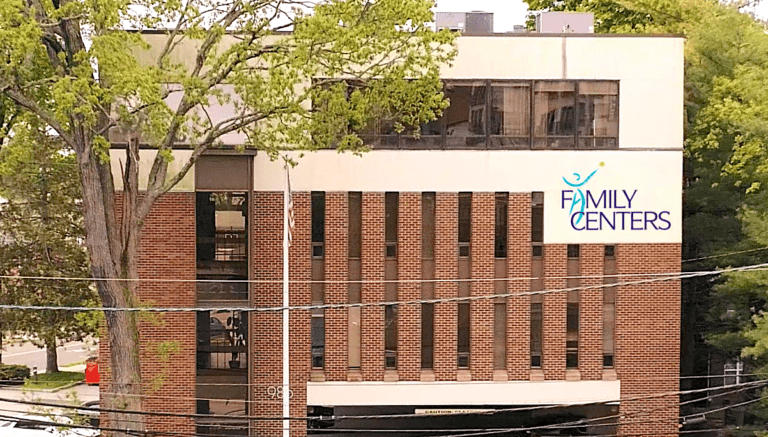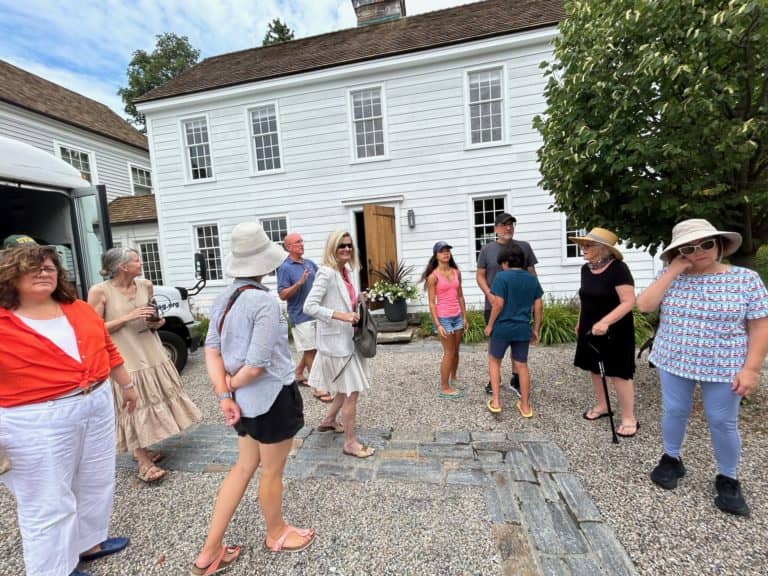

By Nathan Hart
“Jesus may be in your heart, but Grandpa is in your bones,” says author Peter Scazzero in his book Emotionally Healthy Spirituality. He’s referring to the effect that our families of origin have on us even into adulthood. The emotional climate in which we were raised, the DNA we inherited, and especially the wounds inflicted on us in childhood may all be influencing our behaviors now.
My own grandpa was a Baptist preacher, father of eight children, and intellectual giant. He preached the gospel every Sunday and ministered to countless families in his congregation. He was a faithful church leader for his entire adult life. At his funeral, people stood up and shared testimonies about him: “Pastor Carl saved our marriage,” said one person. “Pastor Carl reconciled the Catholic-Protestant divide in our town,” reported another. “Pastor Carl this” and “Pastor Carl that.”
I was a teenager when he died, and I remember his funeral well. I recall the parade of eulogies and the high praise he received from his congregation and townspeople, but I also remember some of his own children—my aunts and uncles—who were less impressed. They knew more about “Dad” than “Pastor Carl.” The man he was at home was more complicated than his public persona. He was a brilliant church leader, but at home he could be stern, serious, and controlling. My dad, being one of the eight children, recalls internalizing my grandfather’s unspoken expectations and feeling like he had to be perfect to receive affirmation in the home. Such an impossible expectation left him feeling unloved and unlovable at times.
While he appreciates all the good things his father taught him, my dad, now in his 70s, still grapples with the emotional residue from his relationship with the man who was both “Dad” and “Pastor Carl.”
I discussed this topic with my dad on a new podcast called Mistakes Dads Make and How to Redeem Them. The idea for the podcast began when my friend and colleague, Pastor David Borden, told me about his tattoo. Specifically he mentioned while his wife was pregnant that he wanted to get his tattoo removed before the birth of their first child. David had gotten the tattoo as an act of defiance against his own parents when he was a teenager, and he didn’t want his soon-to-be-born son to think that kind of thing was OK to do.
David also mentioned that the tattoo was in the shape of a cross. This got me thinking for a few days. Eventually I came to David with one of my many “dad speeches”—unsolicited advice about becoming a new dad. (David loves my dad speeches, no matter what he tells you if you ask him. He loves them, I’m sure of it). Anyway the topic of this particular dad speech was that David shouldn’t get his tattoo removed. “Everyone makes mistakes,” I reminded him. Even if he had it removed now, one day his son would learn about the old tattoo and ask him where it went. David would have to say, “Well, son, I wanted to cover up all my mistakes before you were born.” That’s not very helpful, is it. Instead, he should keep the tattoo and whenever his son asks about it, he can say, “I made a mistake when I was a teenager. I rebelled against my parents and I regret it. But every time I look at this cross-shaped tattoo, I am reminded that all my mistakes are forgiven by God. The cross reminds me that I’m not perfect, but God loves me.” That’s the kind of message a dad should share with his son. That message will convey to the son that when he makes his own mistakes, he’ll be forgiven too.
David took my advice. He kept the tattoo. His son Samuel was born in June. Our podcast, Mistakes Dads Make and How to Redeem Them, is available wherever podcasts are found. If you tune in, you’ll hear some of my brilliant dad speeches as well as two men grappling with being dads, sons, and church leaders who make mistakes and find redemption in the forgiveness of the cross.




